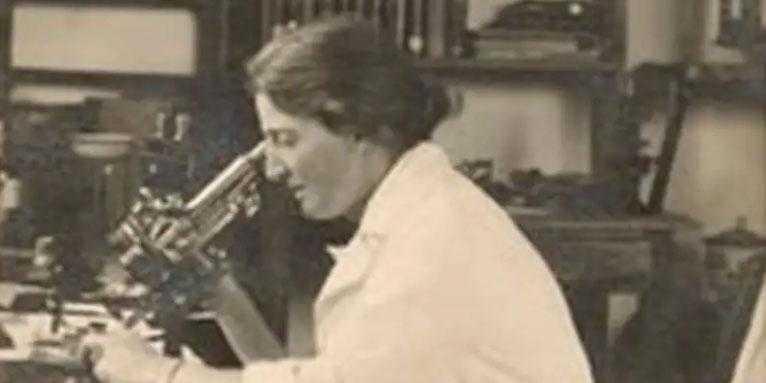Learn more about scienceandnature with this collection
The differences between Web 2.0 and Web 3.0
The future of the internet
Understanding the potential of Web 3.0
Lucy Wills
Lucy Wills was a hematologist who discovered that folic acid could be used to prevent life-threatening types of anemia in pregnant women.
Will's research into women's health during pregnancy has changed prenatal care and saved many lives. Today folic acid is recommended for all pregnant women.
51
375 reads
The life of Lucy Wills
- Lucy Wills was born on May 10, 1888, in Sutton Coldfield, England.
- Her father was a science graduate, and her mother was the daughter of a doctor, thus she received a robust scientific education.
- In 1903, she attended Cheltenham School that train female students in science and mathematics.
- In 1907, Wills began studying natural sciences and botany at Newnham College, an all-women's college.
- In 1915, Wills enrolled at the London School of Medicine for Women and became qualified in 1920.
- She taught and researched in the department of pregnant pathology at the Royal Free Teaching Hospital in London.
44
146 reads
Starting to study anemia
In 1928, Lucy Wills was recruited to India and tasked to investigate why millions of pregnant women in the developing world suffered from a severe and often deadly form of anemia.
She found the red blood cells of anemic pregnant women were extremely swollen and consequently not carrying enough hemoglobin. Wills first thought that a bacteria or virus might have caused anemia. But she noticed that richer women in India who had a more nutritious diet were less likely to become anemic during pregnancy.
52
413 reads
The experiment
- Wills decided to feed rhesus monkeys in a laboratory with a diet similar to the anemic women. Many of the monkeys came down with anemia.
- Wills found that liver extract, a previous remedy that was effective in treating Addisonian anemia, was an effective treatment of the type of anemia Wills was researching. However, she needed a very high dose to combat anemia in pregnant monkeys.
- Liver extract was expensive at that time, and thus not a suitable solution.
- Wills found that Marmite, a cheap bread spread made from concentrated brewer's yeast, was very successful in treating anemic monkeys.
- Turning to anemic pregnant women, she found an increase in the red cell count by the fourth day but admitted that she didn't know which compound in the Marmite and liver extract was responsible for the cure.
41
123 reads
The "Wills Factor"
In 1941, the "Wills Factor" was isolated as folic acid. Since the discovery, folic acid has also been found to reduce the risk of severe birth defects, known as neural tube defects that lead to permanent disability, damage to the skull or brain, and often early death.
45
164 reads
CURATED BY
More like this
Read & Learn
20x Faster
without
deepstash
with
deepstash
with
deepstash
Access to 200,000+ ideas
—
Access to the mobile app
—
Unlimited idea saving & library
—
—
Unlimited history
—
—
Unlimited listening to ideas
—
—
Downloading & offline access
—
—
Personalized recommendations
—
—
Supercharge your mind with one idea per day
Enter your email and spend 1 minute every day to learn something new.
I agree to receive email updates

